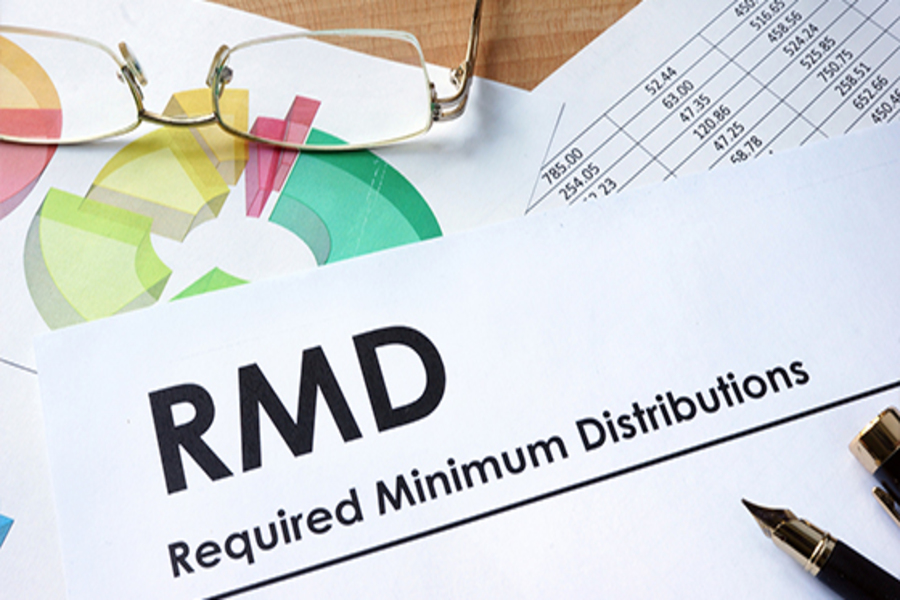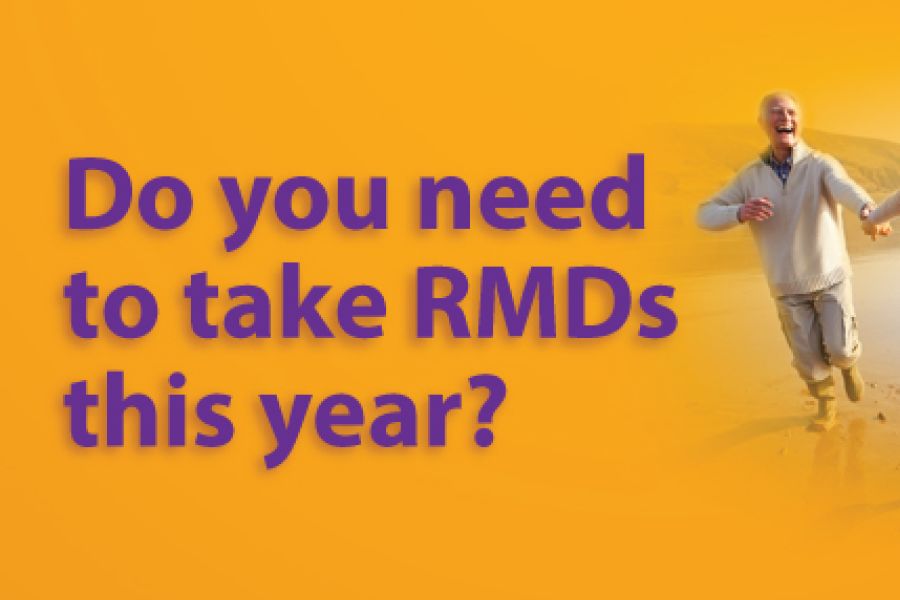Are you getting ready to retire? If so, you’ll soon experience changes in your lifestyle and income sources that may have numerous tax implications. Here’s a brief rundown of four tax and financial issues you may contend with when you retire: Taking required minimum distributions. These are the minimum amounts you must withdraw from your retirement accounts. You generally must start taking withdrawals from your IRA, SEP, SIMPLE and other retirement plan accounts when you reach age 73 if you were age 72 after December 31, 2022. If you reach age 72 in 2023, the required beginning date for your first RMD is April 1, 2025, for 2024. Roth IRAs don’t require withdrawals until after the death of the owner. You can withdraw more than the minimum required...








